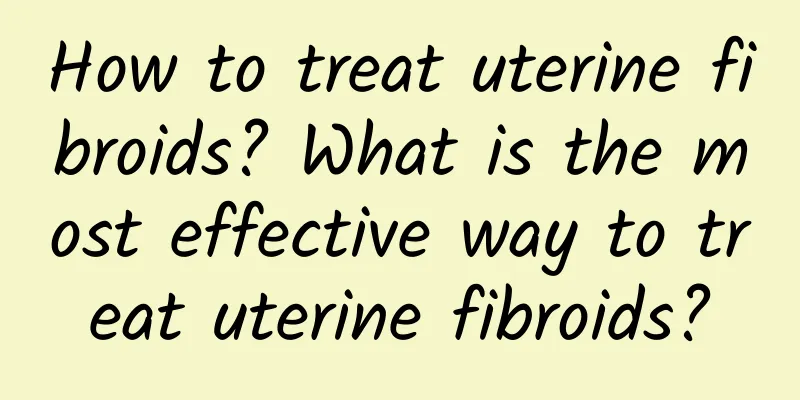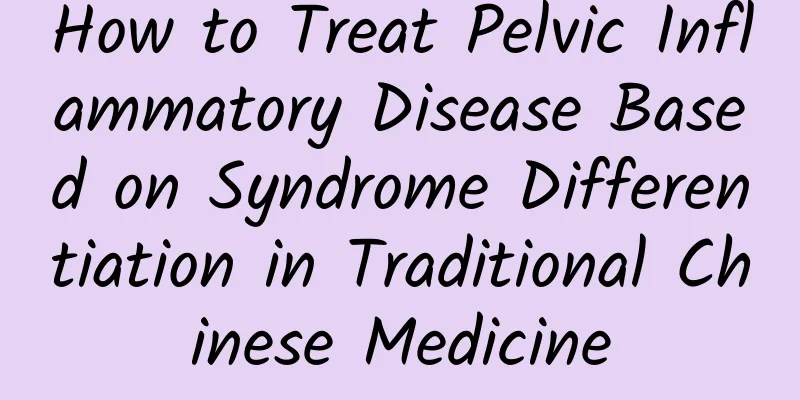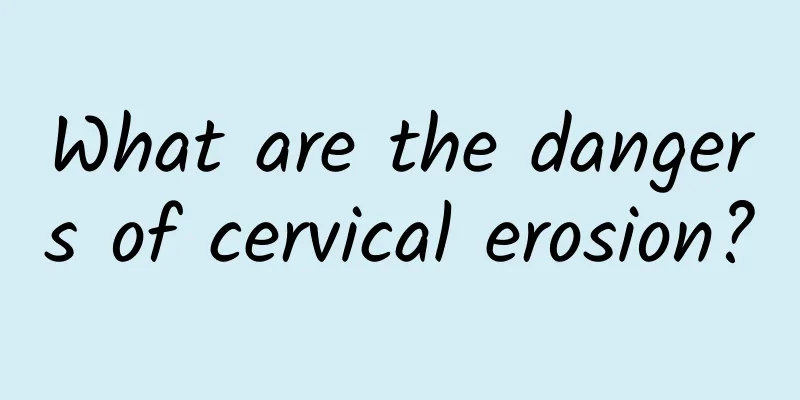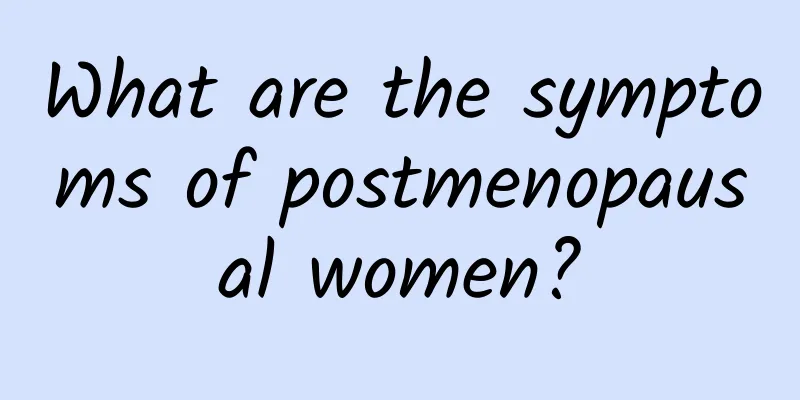Can I get vaccinated after cervical precancerous lesions turn negative?

|
Yes. HPV vaccine can be administered after cervical precancerous lesions turn negative, but it needs to be evaluated by a professional doctor to ensure that the physical condition is suitable for vaccination, and the vaccination time should be as soon as possible after the lesions are cured and the HPV test results turn negative, so that the vaccine can play the greatest preventive effect. The conversion of cervical precancerous lesions to negative means that the current pathological state has returned to normal, but there may still be a risk of HPV reinfection and disease recurrence. HPV vaccination has a preventive effect on high-risk HPV virus infection that has not yet been covered by the vaccine, especially for young women. However, several aspects should be paid attention to when getting vaccinated at the right time: first, whether the overall physical condition is good, such as whether it is still in the recovery period of the lesion; second, the overall immune status; it is clear that the role of the HPV vaccine is to prevent new infections of HPV viruses, not to treat already infected viruses. Even if you have been infected with certain HPV types in the past, vaccination can still prevent high-risk viruses that you have not been infected with before. The conversion of cervical precancerous lesions to negative means that the current pathological state has returned to normal, but there may still be a risk of HPV reinfection and disease recurrence. HPV vaccination has a preventive effect on high-risk HPV virus infection that has not yet been covered by the vaccine, especially for young women. However, several aspects should be paid attention to when getting vaccinated at the right time: first, whether the overall physical condition is good, such as whether it is still in the recovery period of the lesion; second, the overall immune status; it is clear that the role of the HPV vaccine is to prevent new infections of HPV viruses, not to treat already infected viruses. Even if you have been infected with certain HPV types in the past, vaccination can still prevent high-risk viruses that you have not been infected with before. When getting vaccinated, you need to follow the doctor's instructions after a physical examination and HPV screening. It is recommended to maintain regular cervical screening, and even after vaccination, you still need to do regular HPV and TCT examinations, and pay attention to strengthening your own immunity, such as getting enough sleep, a balanced diet, and a variety of nutritional intake. You can also increase regular and moderate exercise to reduce the risk of related diseases. If you have any hesitation or questions about vaccination, be sure to communicate with a professional doctor and understand the common adverse reactions after vaccination and how to deal with them, so that you can feel at ease with vaccination to protect your health. |
<<: What should be checked for pregnancy after missed abortion
>>: No cause found for vulvar pruritus
Recommend
What nutrients are needed in the diet for cervical precancerous lesions
The dietary needs for cervical precancer are diff...
Successfully lost 43 kg! Japanese cuisine researcher shares 7 golden principles of "reduced sugar diet"
Saori Suzuki, a culinary researcher, was born in ...
Can I eat before abortion?
Generally speaking, artificial abortion refers to...
How to treat severe adnexitis?
How to treat severe adnexitis? Severe adnexitis s...
What is the differential diagnosis of ovarian cysts and what tests are needed?
What is the differential diagnosis of ovarian cys...
Menopausal women can lose weight by taking androgen supplements
As we all know, women after menopause have a grad...
What are the effects of medical abortion on the body? There are 4 major hazards
Medical abortion is a method of abortion that wom...
What kind of pregnancy can be treated with medical abortion? The specific process of medical abortion is divided into 4 steps.
As we all know, abortion can cause great harm to ...
The most effective preventive measures for vaginitis in life
Vaginitis is the most common gynecological diseas...
How long can cervicitis and pelvic inflammatory disease be cured?
How long does it take to cure cervicitis and pelv...
Introduction to three common treatment methods for adnexitis
Recently, the treatment of adnexitis has graduall...
How to diagnose vaginitis
How to diagnose vaginitis? The occurrence of vagi...
Can uterine fibroids cause miscarriage? You will know after reading this
Uterine fibroids are a common disease in life. If...
What are the clinical symptoms of ovarian cysts? What causes ovarian cysts?
Ovarian cysts are a very harmful and common disea...
What are the good treatments for chronic adnexitis?
Women are very familiar with adnexitis. There are...









